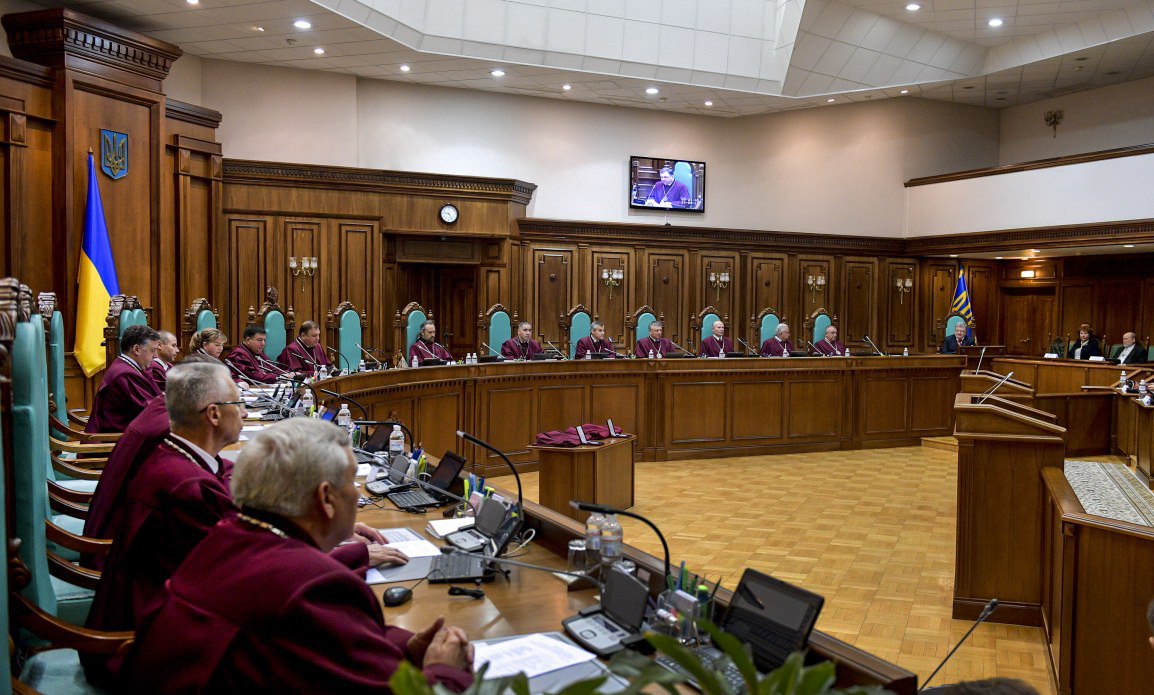

The Constitutional Court of Ukraine has ruled provisions of draft law No. 1014 in consistent with Article 157 part 1 of the Constitution of Ukraine, as they violate the constitutional rights and freedoms of people and citizens.
“If passed, the draft law may undermine the balance of constitutional powers between the President of Ukraine and the Cabinet of Ministers of Ukraine, effectively creating a parallel executive body of power subordinate to the President.”
Currently, this ruling has no effect on the work of the relevant law enforcement agencies. They continue their work as usual. The Parliament has time to develop new proposals based on the stance of the Constitutional Court.
Transparency International Ukraine approves of the lawmakers’ intention to provide the necessary conditions for effective activity of law enforcement agencies. However, the organization’s experts have pointed out that their strategy involves certain risks.
For instance, according to Article 6 of the Constitution, the public authorities in Ukraine include legislative, executive and judicial branches. While the President interacts with all of them, he or she does not formally belong to any of them. Among other things, he or she represents the country in external relations, works as the commander-in-chief, nominates the Prime Minister, appoints the ministers of foreign affairs and defense.
All the other powers are divided between the three branches of power. This system of checks and balances is in place to ensure that no single branch can dominate, making them interdependent instead.
The Cabinet of Ministers of Ukraine as the highest executive body of power is authorized to create central executive bodies and appoint their heads. Both the NABU and the SIB, in terms of their purpose, sphere of activity and powers, are, by their nature, executive agencies. This means that creation and formation of such agencies should be the task of the government.
Independence of these institutions and their heads is reflected in specialized laws, such as regulations on the procedure of appointment and dismissal of directors, their powers, etc.
It should be noted that there are no completely independent institutions in any country. Any country functions based on connections among institutions. To make sure this connection doesn’t turn into dependence, there is a checks and balances system.






